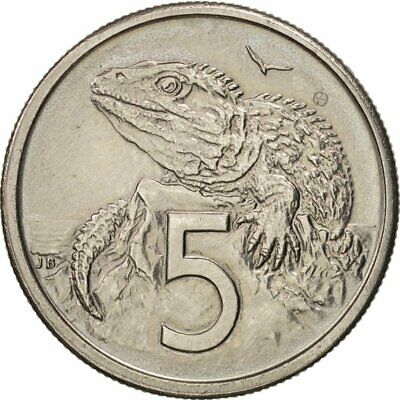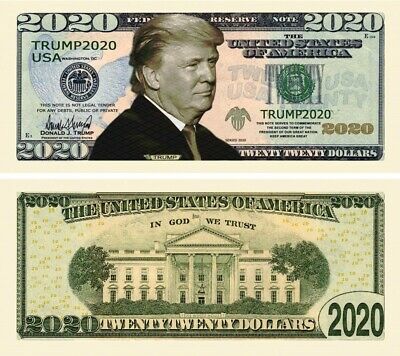-40%
Tuatara , rare lizard type reptile coin from new zealand.. Must read!!
$ 1.57
- Description
- Size Guide
Description
GENUINE Commemorative Coin VERY RAREGreat Investment!!
Genuine coin minted by New Zealand!!!
Historical !!! most were melted down
Great Investment!!
features a super rare lizard
different years available
Free shipping to USA
shipping to Canada,Australia & western Europe add .50
Size of a U.S. penny
Thank you for looking at one of our items. Up for Auction is a highly collectible Coin of theNew Zealand,most of these were melted down in 2006,That makes this coin all the more valuable. The coin is circulated and in great condition. . We do not grade the coins as it is very subjective.
Tuatara
are
reptiles
endemic
to
New Zealand
. Although resembling most
lizards
, they are part of a distinct lineage, the order
Rhynchocephalia
.
[7]
Their name derives from the
Māori language
, and means "peaks on the back".
[8]
The single
species
of tuatara is the sole surviving member of its order
[9]
, which originated in the
Triassic
period around 240 million years ago
[10]
and which flourished during the
Mesozoic era
.
[11]
Their
most recent common ancestor
with any other extant group is with the
squamates
(lizards and
snakes
).
[12]
For this reason, tuatara are of interest in the study of the evolution of lizards and snakes, and for the reconstruction of the appearance and habits of the earliest
diapsids
, a group of
amniote
tetrapods
that also includes
dinosaurs
,
birds
, and
crocodilians
.
Tuatara are greenish brown and grey, and measure up to 80 cm (31 in) from head to tail-tip and weigh up to 1.3 kg (2.9 lb)
[13]
with a spiny crest along the back, especially pronounced in males. They have two rows of teeth in the upper jaw overlapping one row on the lower jaw, which is unique among living species. They are also unusual in having a pronounced photoreceptive eye, the
third eye
, which is thought to be involved in setting
circadian
and seasonal cycles. They are able to hear, although no external ear is present, and have unique features in their skeleton, some of them apparently evolutionarily retained from fish. Tuatara are sometimes referred to as "
living fossils
",
[7]
which has generated significant scientific debate.
[14]
[15]
[16]
[17]
[18]
[19]
[20]
[21]
[22]
While mapping its genome, researchers have discovered that the species has between 5 and 6 billion
base pairs
of
DNA sequence
, nearly twice that of humans.
[23]
The tuatara (
Sphenodon punctatus
) has been protected by law since 1895.
[24]
[25]
A second species, the Brothers Island tuatara (
S. guntheri
,
Buller
, 1877), was recognised in 1989,
[13]
but since 2009 it has been reclassified as a subspecies (
S. p. guntheri
).
[26]
[27]
Tuatara, like many of New Zealand's native animals, are threatened by habitat loss and introduced predators, such as the
Polynesian rat
(Rattus exulans)
. Tuatara were extinct on the mainland, with the remaining populations confined to 32 offshore islands
[11]
until the first North Island release into the heavily fenced and monitored
Karori Sanctuary
in 2005'from wikipedia"
SPECIFICATIONS
Composition:
Copper-Nickel
Weight:
2.8300g
Diameter:
19.43mm
DESIGN
Obverse:
Crowned head right
Obverse Designer:
R.D. Maklouf
Reverse:
Value below tuatara
Reverse Designer:
James Berry
Edge Description:
Reeded
NOTES
Ruler:
Elizabeth II
Note:
Many recalled and melted in 2006.










